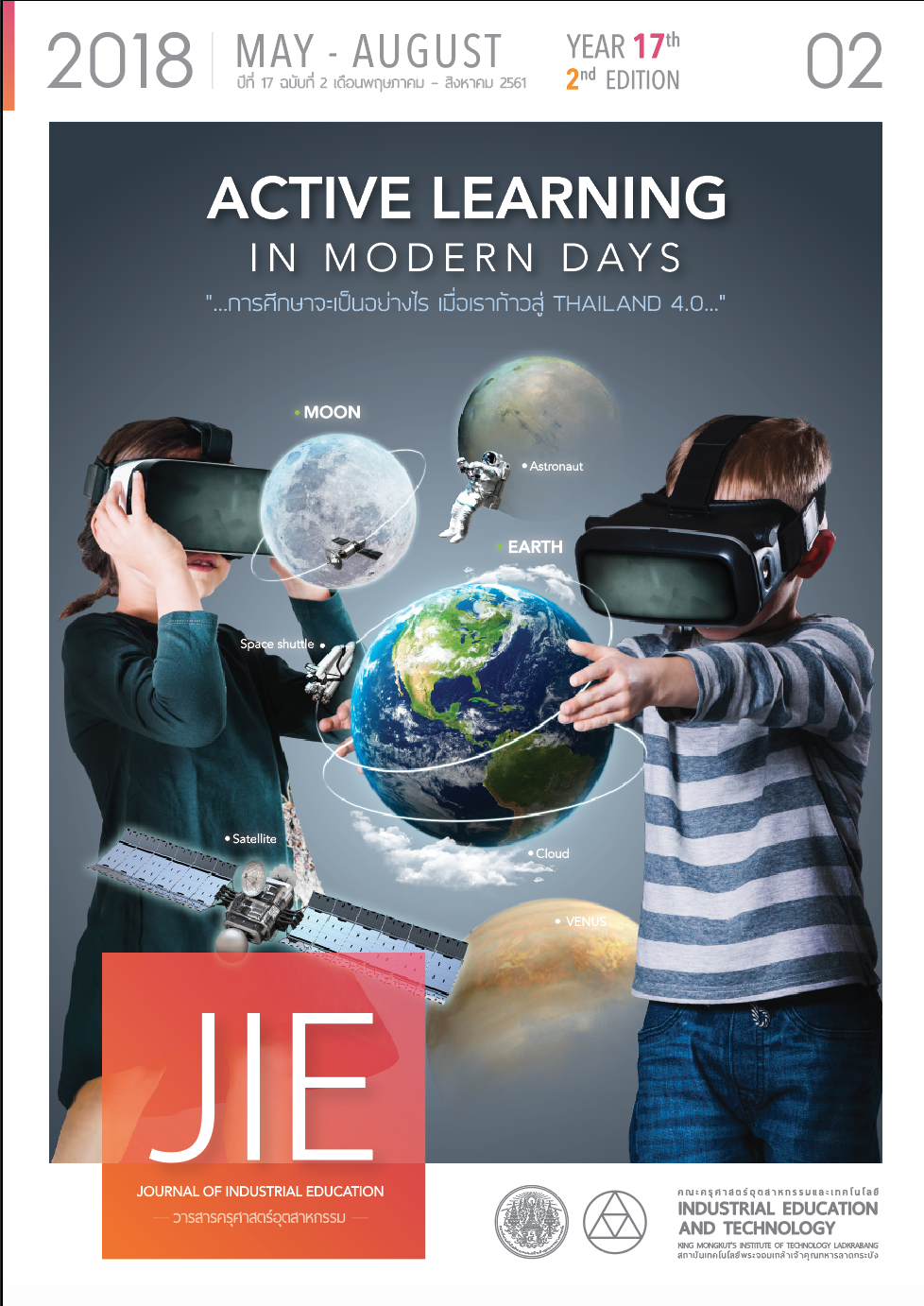A STUDY OF MATHAYOMSUKSA II STUDENTS’ DEFICIENCIES IN CONCEPTUAL AND PROCEDURAL KNOWLEDGE OF POLYNOMIAL AND POLYNOMIAL FRACTIONS
Keywords:
Students’ deficiencies in mathematics, Polynomial and Polynomial Fractions, Conceptual Knowledge, Procedural KnowledgeAbstract
The purpose of this research was to study Mathayomsuksa II students’ deficiencies in conceptual and procedural knowledge in polynomials and polynomial fractions. Using the stratified random sampling technique, 116 students who were studying in the second semester of the 2017 Academic Year from three schools run by the Office of the Secondary Educational Service Area District 9, Suphan Buri including Danchangwittaya school, Samchukratanapokaram school and Banharnjamsaiwittaya 1 school participated in the study. We designed a test with three parts consisting of 16 items of multiple choice, 7 items of completion and 3 items of essay to evaluate conceptual-and-procedural- knowledge deficiencies of the participants about polynomials and polynomial fractions. The answers given by the students on the test were collected and analyzed to classify types of the deficiencies based on definitions of conceptual knowledge and procedural knowledge.
The research findings revealed that these students had deficiencies in both conceptual and procedural knowledge about polynomials and polynomial fractions. Three types of the deficiencies in conceptual knowledge included 1) choosing definitions or rules, 2) using definitions or rules and 3) explaining to give reasons for each step of problem solving process. For the deficiencies in procedural knowledge, there were four types as follows: 1) using data, 2) lacking basic knowledge in algebra, 3) computing based on rules or definitions and 4) completing and sequencing of problem-solving process.
References
[2] Rittle-Johnson, Bethany & Alibali, Martha Wagner. 1999. Conceptual and procedural knowledge of mathematics: does one lead to the other?. Journal of Educational Psychology, 91(1), p.175-189. Retrieved November 2, 2017, from https://dx.doi.org/ 10.1037//0022-0663.91.1.175
[3] Aumporn Makanong. 2547. Ekkasankhamson Raiwichathruesadilaekanprayukthangkansueksakhanittasat. (Copied).
[4] Vishnu Napaphun. 2551. A Study of Upper Elementary School Students’ Algebraic Reasoning. Doctural Thesis in Education. (Mathematics Education). Bangkok: Srinakharinwirot University
[5] Cholthicha Sachin. 2560. The Effects of Mathematics Learning Activities Using Cooperative Learning TAI to Promote the Ability in Analytical Thinking on Polynomial for Mathayomsuksa 1. Doctural Thesis in Education. (Mathematics Education). Mahasarakham: Mahasarakham University.
[6] Pirom Poonsawat. 2559. The Development of Teaching Model to Enhance the Problem Solving Capability In Mathematics for Fifth Grade Students. [online]. Journal of Industrial Education, 15(2), p. 72-79. Retrieved March 4, 2018, from https://161.246.14.29/journal/images/stories/year15_2/vol15_02_09.pdf
[7] Aumporn Makanong. 2559. Taksakrabounkantangkhanitsat: Kanpattanapueapattanakan. Bangkok: Chulalongkorn University Press
[8] Metta Marwiang. 2544. The Study of Mathematical Errors in Solving Mathematics Problems on Number Counting by Matthayom Suksa 1 Students of the Demonstration School, Khon Kaen University. Thesis of Master Degree. (Curriculum and Instruction). Khon Kaen: Khon Kaen University.
[9] Phromphan Udomsin. 2544. Kanwatlaekanpramoenphonkanriankansonkhanitsat. 3rd Edition. Bangkok: Chulalongkorn University
Downloads
Published
How to Cite
Issue
Section
License
"The opinions and contents including the words in papers are responsibility by the authors."
"ข้อคิดเห็น เนื้อหา รวมทั้งการใช้ภาษาในบทความถือเป็นความรับผิดชอบของผู้เขียน"



